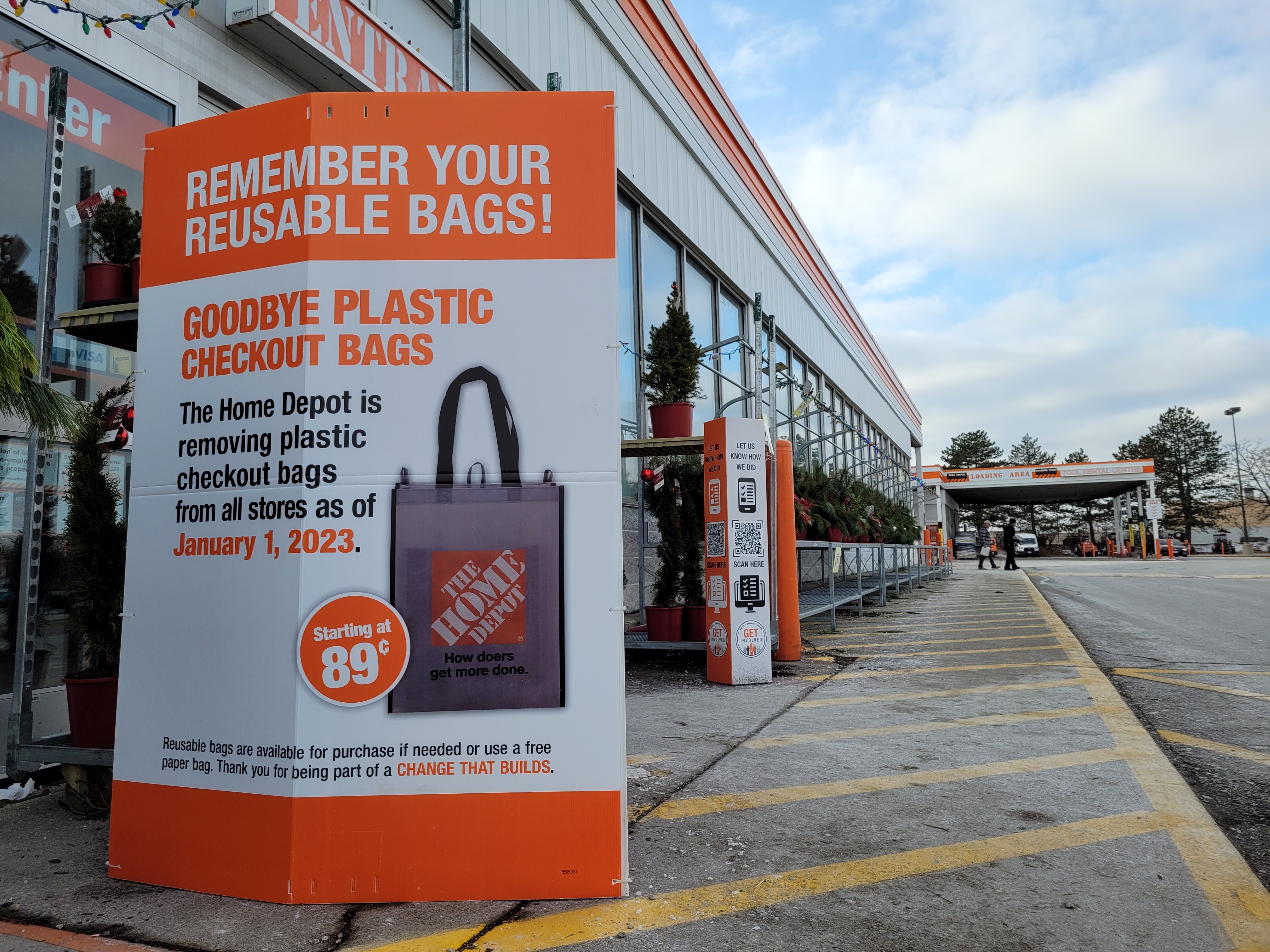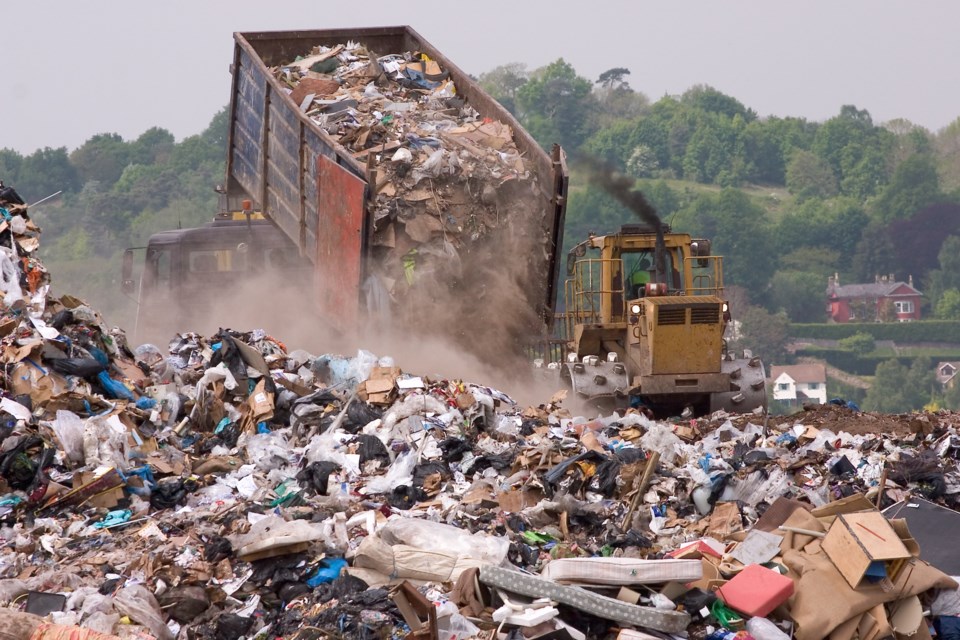As most consumers have noticed, plastic bags have disappeared from grocery stores, straws at fast food chains are now paper and take out tins are moving to cardboard only.
This change has been a slow burn for the last few years, but as of Dec. 20, the manufacture and import of single use plastics has been banned at the consumer level. This will see the elimination of 1.3 million tonnes of hard-to-recycle plastic waste from ending up in the landfill, but the use of single use plastics is far from being over.
And despite the federal government's target of zero plastic waste by 2030, some in the industry remain skeptical.
“Plastic will never die, we are way too dependent on it and all of the other alternatives are unviable,” said Rock St-Laurent, sales executive for Premier Poly in Cambridge.
Premier Poly has been serving customers in Canada and the United States for over 25 years. They supply businesses with box liners, sand and soil bags, meat and poultry bags and many other industrial plastics.

Unlike the restaurant and grocery businesses, Premier Poly is unrestricted by the ban of single use plastics.
“We’re still manufacturing and selling ice bags and essentially, plastic packaging that is for single use. The shipping industry produces about 10 times as much if not more plastic than single use consumer plastic,” said St-Laurent. “We’re talking millions of tonnes a year in Canada alone.”
According to the Canadian government they are working towards a goal of “zero plastic waste.” Working with provinces, territories, and industries they hope to set a collection target of 90 per cent for recycling plastic beverage bottles.
The list of banned plastics were specifically selected, because they are commonly found in the environment, are harmful to wildlife, difficult to recycle, and have readily available alternatives.
The six banned products include checkout bags, cutlery, food service ware made from hard-to-recycle plastics, ring carriers, stir-sticks, and straws.
While companies like Premier Poly still produce plastic on a large scale, minister of health, Jean-Yves Duclos thinks this ban is a step in the right direction.
“As climate change continues to pose a serious threat to our health, limiting plastic pollution is crucial not only for our environment, but for our overall well-being," said Duclos.
This upcoming year the government will be looking at developing regulations to require certain plastic packaging contain at least 50 per cent recycled content and to establish clear rules for labelling recyclable and compostable plastics.
St. Laurent is skeptical they will ever be able to achieve their goal of zero plastic waste and claims, “there will never be a day they do without plastic.”
The Region of Waterloo is expecting to see a drop in the amount of plastic ending up in the landfills, but they won't know the full impact of the ban for a few more months, said Lynsey Slupeiks, communications manager for the region.

